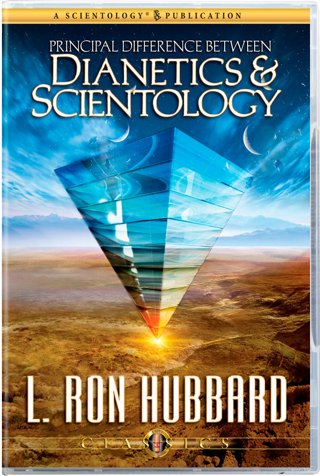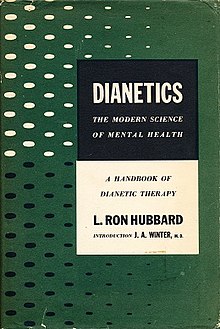The Main Principles Of Dianetics
Wiki Article
Dianetics Things To Know Before You Get This
Table of ContentsThe 7-Minute Rule for DianeticsDianetics - The FactsThe Ultimate Guide To DianeticsDianetics - Questions
I could not ever not intend to receive anything that enters your mind for you- if it was or else, I wouldn't be resting right here with you, doing this. I not just might never ever have a problem, or otherwise want to listen to something that enters your mind for you, but I'm entirely excited to know every concept, every idea, every photo or feeling that arises or manifests for you- do not ever before believe or else, and if for some reason you do, please just let me know! Sometimes, you might have a thought, and picture, concept or event turn up that does not seem to address the question, or connect to it, however however, constantly do inform me concerning it, and as we proceed, the significance will certainly arise for you.This is fundamental in the basis of handling, and the subject of this conversation: the fundamental roles of the therapist and the customer: The standard duty of the counselor is, unlike "basic training", not to control, which implies to enforce and/or inhibit, yet to instead work from the basis of EMPOWERING THE CUSTOMER.

Dianetics Can Be Fun For Anyone
John Mcmasters expressed this fundamental truth wonderfully well in one of his talks on Power handling, in which he discusses exactly how he was asked what this "unique propensity" was that he had for giving such great sessions; he needed to think of that for a moment, and detected that it was what he wasn't doing, along with what he was doing: he wasn't examining, judging, computing, or in truth, generating any type of thoughts, allow alone verbal expressions, after providing the command and while waiting on the computer to complete their solution to their contentment; he was, just and only, existing with the PC, and totally interested.The role of the counselor, demonstrated; that was his "unique knack". I have Homepage actually had my very own experience which instructed me this well, extremely early in the video game. In 1982, having actually recently completed my training and internship on New Period Dianetics, I was running this on a PC, and there was a point in the session where (being a little bit wet behind the ears not yet having numerous hours under my belt as a specialist auditor) the PC appeared to be "taking as well lengthy" to share anything verbally after I provided him a command.
This trick transformed out to be the most useful contribution that John ever before made to the subject of therapy or bookkeeping (Dianetics). In my simple opinion, it is the greatest payment that anyone has ever before made to these subjectsthe application is totally non-judgemental, non-evaluative, and empty of any kind of tip, suggestions or opinion.no preconceived agenda for people, or 'degrees' that they must do
In Scientology we prided ourselves on not assessing for individuals. All that really implied was that the auditor did not VERBALLY evaluate for the PC in session.
The Main Principles Of Dianetics

Any individual that had ever before seen John audit could not help yet see a distinct top quality in his auditing."The customer's fundamental duty is to be there with the purpose of relocating in the instructions of their spiritual objectives, and to openly and fully share and experience whatever shows up for them in answering the inquiries and carrying out the directions in the handling.
This is something to process as needed. However likewise, individuals often have previous experience and/or brainwashing in auditing/processing which, somehow, and to some levels, actually misleads them into perspectives, ideas and actions patterns that prevent the full awareness of these duties, therefore they will certainly often tend to inhibit the expressing of what enters your mind, as in the examples given above. * The first, and maybe foremost examples of mis-indoctrination resulting in much less than totally smooth and reliable sessions, can be found in specific elements of the training regimens, or "TR's":"TR's" are usually an individual's first, or at the very least early, experience in Scientology, and while I will certainly take place to clarify what I see as the problems in principle and method, however, have a tendency to be substantially restorative, done as they are offered (Hubbard firmly insists that "TR's are not refining, they are training", but factually, they are both handling AND training)
There is no "failing", and no denial of the truth of this being handling. The emphasis, as it needs to be, is on experiencing the various other individual's existence.
Getting My Dianetics To Work

Report this wiki page